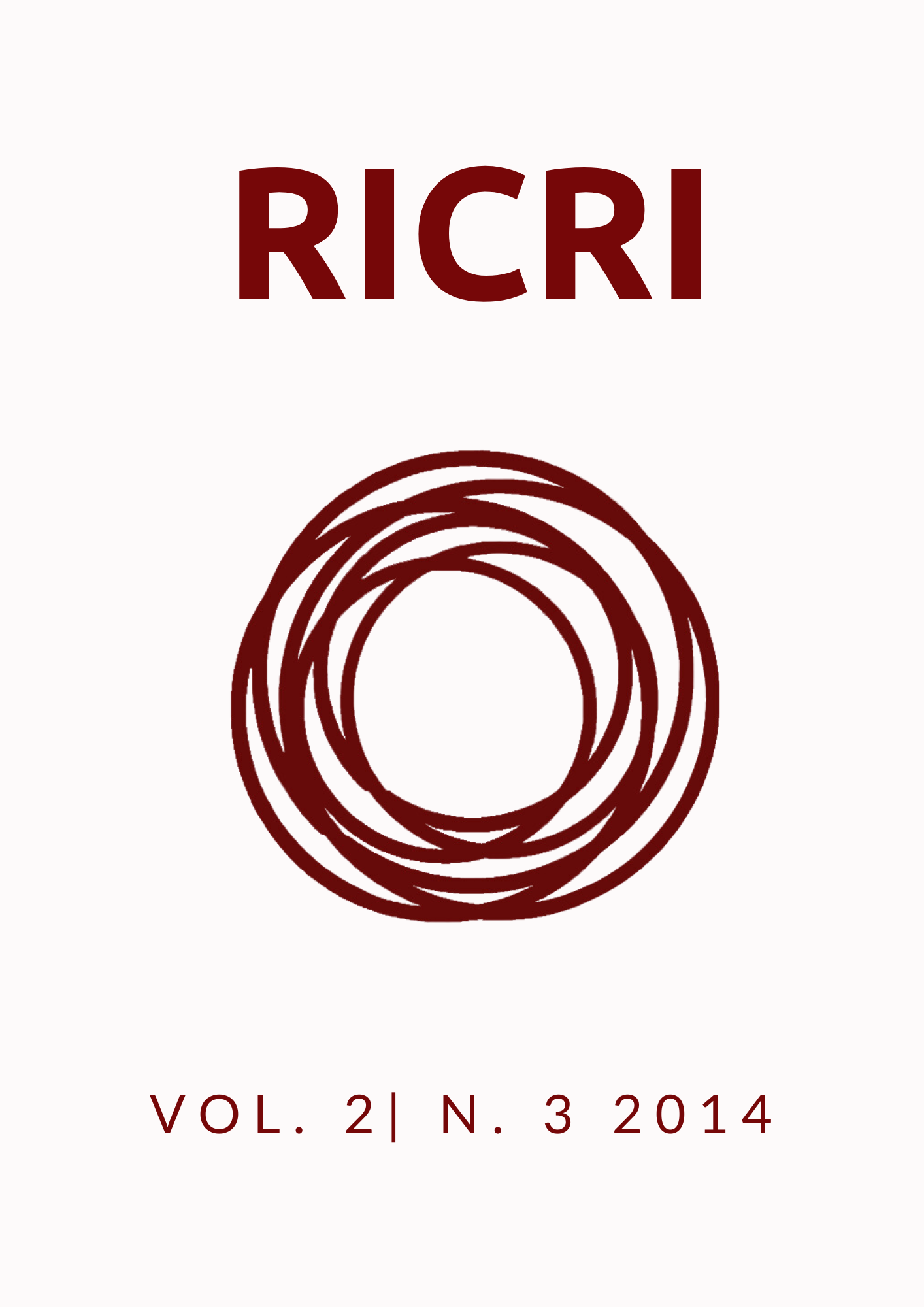Capitão América e a doutrina Bush: uma análise sobre a indústria cultural como instrumento de política externa dos Estados Unidos
Abstract
O personagem Capitão América foi um instrumento de política externa dos Estados Unidos durante a Guerra Fria, sendo a representação de um sistema de crenças e da imagem nacional norte-americana. Com o fim da Guerra Fria, seu papel foi deixado em segundo plano; entretanto, o relançamento do personagem com a “guerra ao terror” e a Doutrina Bush fizeram com que houvesse a confluência de defesa dos interesses e valores dos Estados Unidos através da utilização de um instrumento cultural, restaurando a imagem nacional abalada após os atentados de 11 de Setembro. Os Estados Unidos buscam a manutenção de sua hegemonia através de quadrinhos e filmes utilizando o Capitão América; a eficácia do método, contudo, tem sido objeto de contestação no panorama internacional.
Downloads
References
BOULDING, Kenneth. (1959), "National Images and International Systems". Revista The Journal of Conflict Resolution, vol. 3, No. 2, pp. 120-131.
CARLSNAES, Walter. (2008), “Actors, structures and foreign policy analysis”. In Foreign Policy: theories, actors, cases, editado por SMITH, HADFIELD e DUNNE, Oxford, Oxford University Press, pp. 85-100.
CHOMSKY, Noam. (2002), O lucro ou as pessoas? Brasil, Bertrand Brasil.
DITTMER, Jason. (2005), “Captain America’s Empire: Reflections on Identity, Popular Culture, and Post-9/11Geopolitics”. Revista Annals of the Association of American Geographers, vol. 95, No. 3, pp. 626-643
DUMAZEDIER, Joffre. (2000), Lazer e cultura popular, São Paulo: Editora Perspectiva S.A.
HILL, Christopher. (2003), “Chapter 6 - Implementation: translating decisions and capabilities into actions”. In The changing politics of foreign policy, Hampshire/Nova York, Palgrave McMillan, pp. 127-155.
HOLSTI, Ole R. (1962), "The Belief System and National Images: a case study". Revista The Journal of Conflict Resolution, vol. 6, no. 3, pp. 244-52.
HORKHEIMER, Max. ADORNO, Theodor D. (2000), “A indústria cultural: o Iluminismo como mistificação de massas”. In Teoria da cultura de massa, editado por LIMA, São Paulo, Editora Paz e Terra S/A.
JARVIE, Ian. (1990), “The Postwar Economic Foreign Policy of the American Film Industry”. Revista Film History, vol. 4, no. 4, Indiana University Press.
KOLLMAN, Ken. (2014), The American Political System, W.W Norton Company: 2° Edition.
LARSON, Deborah Welch. (1994), “The role of Belief Systems and Schemas in Foreign Policy Decision-Making”. Revista Political Psychology - Special Issue: Political Psychology and the Work of Alexander L. George, vol. 15, no. 1, pp. 17-33.
OLIVEIRA, Jefferson L. R. de; DENIPOTI, Claudio. (2008), “Nascido em 11 de setembro: opiniões políticas de leitores do Capitão América em 2003”. Revista História, imagem e narrativas, no. 7, ano 3.
WHITE, Mark D. (2014), The Virtues of Captain America: Modern-Day Lessons on Character from a World War II Superhero, John Wiley & Sons: 1st. Edition.
Downloads
Published
How to Cite
Issue
Section
License
Authors who publish with this journal agree to the following terms:
a. Authors retain copyright and grant the journal right of first publication with the work simultaneously licensed under a Creative Commons Attribution License that allows for sharing of work with acknowledgment of its initial publication in this journal.
b. Authors are able to take on additional contracts separately for non-exclusive distribution of the version of the work published in this journal (e.g., post it to an institutional repository or as a book), with an acknowledgment of its initial publication in this journal.
c. Authors are permitted and encouraged to post their work online ( eg, in institutional repositories or on their website) at any point before or during the submission process, as it can lead to productive exchanges , as well as increase the impact and citation of published work ( See the Effect of Open Access).




